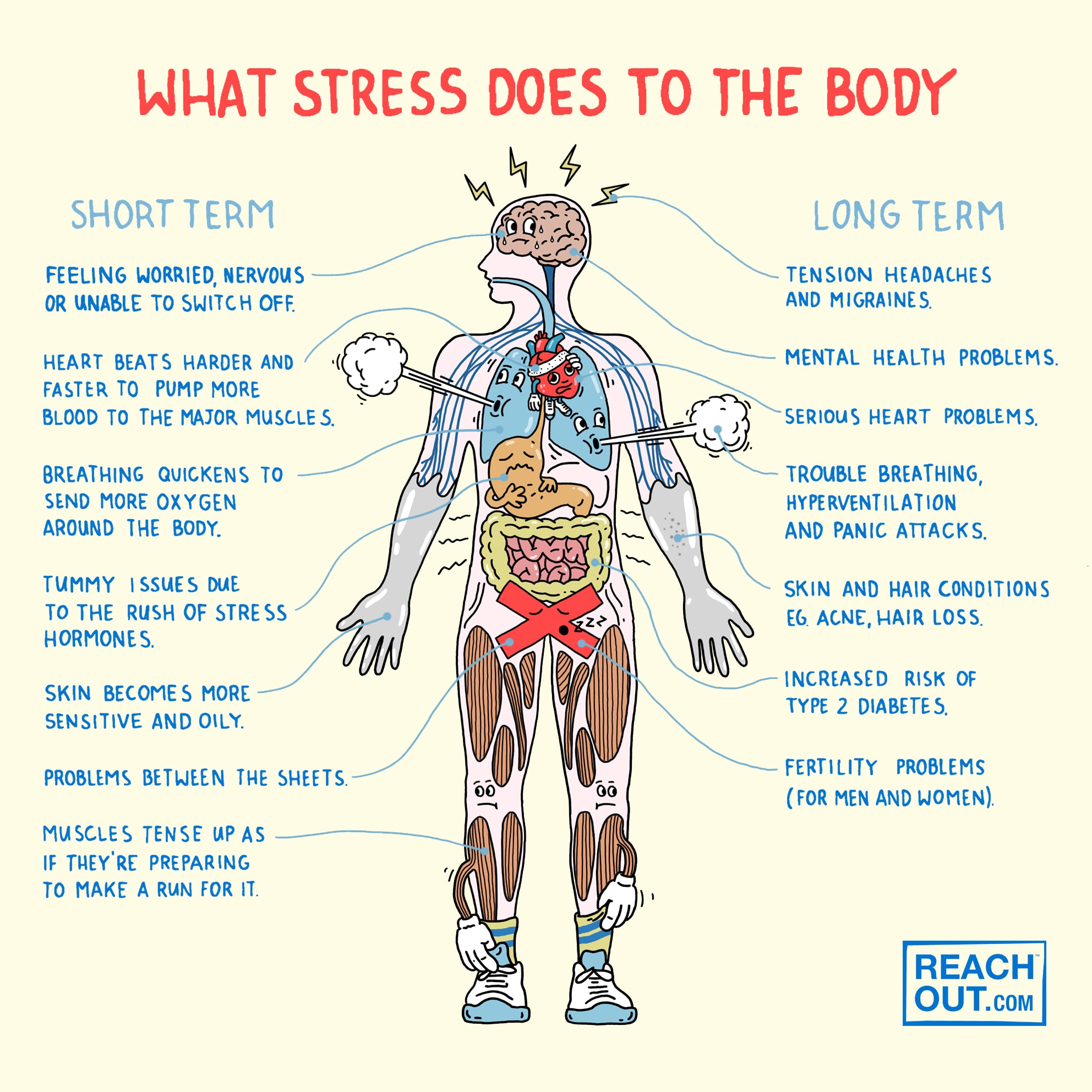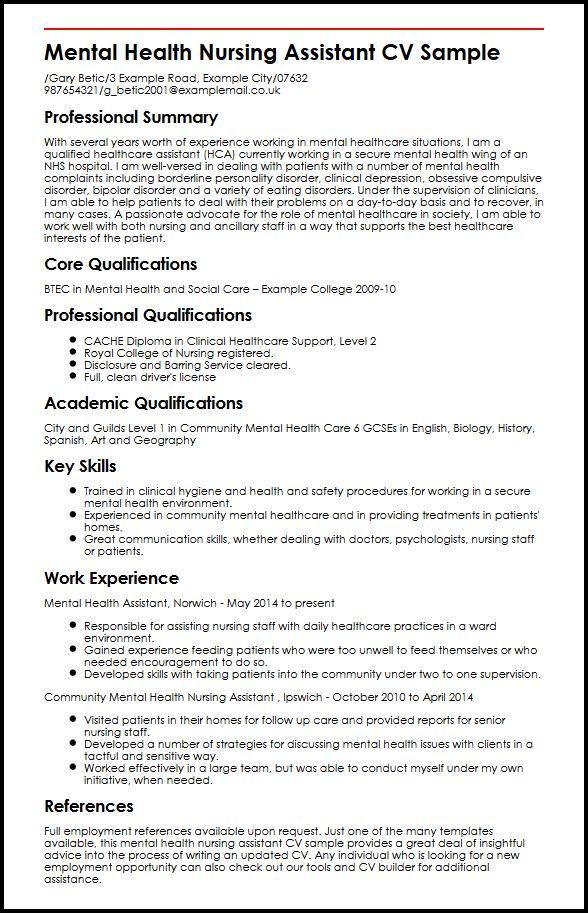3 Simple Techniques For What Affects Mental Health
Interventions could consist of scientific discussion groups and private or group psychiatric therapy. One institution has proposed a list of mindsets for minimizing preconception (63); we have actually customized some of the declarations for application in emergencies, either by healthcare specialists or the basic population, when dealing with psychiatric emergency situations: Learn about mental disorder.
Choose your words to favorably influence the mindsets of others. Invest in guidance. Present positive realities and try to customize myths and stereotypes. Deal with people with regard and always use assistance and encouragement. Know clients' rights. When individuals in the basic population satisfy and interact with the mentally ill, their bias is most likely to minimize (59, 64).
It was observed that contact has positive effects in reducing stigma in grownups and adolescents. Contact was more efficient in lowering preconception in adults and education was more efficient in teenagers. Individual contact was more effective than video contact ($159). Contact Browse this site with the psychologically ill is a powerful tool: clients and member of the family can share their experiences with emergency situations, both in the community in addition to with specialists during their training.
Clients who have actually gone through emergency scenarios, have actually been under observation in emergency situation units or have been hospitalized ought to get assistance to prevent humiliation, in addition to explanation that the scenario was a complication of their illness which the steps taken were essential to protect them. But, there is still little evidence suffers the efficiency of quick psychoeducation for clients with extreme psychological health problem (71) (how does mental health affect the way we view art).
Little Known Questions About How Addiction Treatment Delray Does Osteoporosis Affect Mental Health.
Some research study has actually suggested that projects to beat discrimination can produce an unforeseen recuperate impact, in which bias about a specific group remain unaffected or get worse (59, 72, 73). One set of research studies (72) found that research individuals who were asked to reduce pattern concepts about skinheads revealed higher stereotype activation and increased social distance from this group (59).
Speech on human rights, such as that promoted by the United Nations Convention on the Rights of Persons with Impairments (70), supplied a crucial framework for legislative reform, including first generation defenses versus browbeating and forced treatment and 2nd generation securities that need federal governments and institutions to provide financial, social, and health assistance focused on removing barriers to the social participation of mentally ill people (70, 74).
The World Health Organization defines advocacy as a method to widen the concept of the importance of mental health concerns and ensure that such a topic is on the governments' program. Advocacy involves numerous strategies, including awareness raising, sharing information, education, training, mutual assistance, counseling, mediating disputes, safeguarding the disadvantaged, and knocking injustice.
Psychiatric emergencies must be included in such legislation. It is vital to have specific emergency situation reaction guidelines in location, consisting of minimum staff and facility requirements. Legislation permits investment in medical facility infrastructure previous to increased need, when clients have problem receiving assistance in times of crisis. There is likewise little deal with intervention steps to reduce stigma.
The Ultimate Guide To How Does Mental Health Affect Physical Health

To facilitate, we divided into education, contact with the psychologically ill, preconception self-management, protest and social advocacy, and legal reform and advocacy. Only the very first 2 had a trial or meta-analysis that assessed the effectiveness of the procedures. Even so, not specific for psychiatric emergencies and without measures of impact size.
There is no doubt that the preconception cheapens the mentally ill and the specialists and the health network set up to support them. Psychological health programs and problems are not a priority or are of little significance to governments, which impairs the quality of treatment (when available) and impairs their lifestyle, along with the possibility of recovery (70).
While this can weaken the possibility of leading modification, mental health specialists can still be allied with anti-stigma initiatives and can advocate for adjustments in the treatment of the psychologically ill. Mental health experts in teaching roles can motivate trainees to find out about expert and political advocacy through contact strategies, encouraging the concept that recovery is not simply sign control (70).

Emergency situations represent severe problems of mental disease that can involve social direct exposure, restraints, and more aggressive restorative steps. Health experts need to be alert and intervention measures, especially training, should be applied by health care organizations. We wish to stress that research studies on the topic have some constraints. Firstly, most are non-systematic evaluations based upon the opinion of the authors themselves.
9 Easy Facts About How Does Social Media Negatively Affect Your Mental Health Explained
Third, most have proof with little of bad quality. For that reason, it is still empirical, and rather open in research, with many spaces to be answered. Future research study will have the ability to assess the effectiveness of measures to fight preconception, focusing generally on emergencies. Emergency training, involving both strategies and ethical aspects, as well as efficient interaction with the psychologically ill throughout a crisis must be focused on in public law.
The authors state that the research study was carried out in the absence of any commercial or monetary relationships that might be interpreted as a prospective conflict of interest - how does music affect people's mental health. 3. Henderson C, Noblett J, Parke H, Clement S, Caffrey A, Gale-Grant O, et al. Psychological health-related stigma in healthcare and mental health-care settings.
doi: 10. 1016/S2215 -0366( 14 )00023-6PubMed Abstract CrossRef Full Text Google Scholar 4. Knaak S, Mantler E, Szeto A. Mental illness-related preconception in health care: Barriers to access and care and evidence-based services. Healthc Manage Forum (2017) 30( 2 ):1116. doi: 10. 1177/0840470416679413PubMed Abstract CrossRef Full Text Google Scholar 6. Baldaara L, Cordeiro DC, Calfat ELB, Cordeiro DC, Chung TC.
( 2019 ). Rio de Janeiro: Elsevier. 7. Baldacara L, Ismael F, Leite V, Pereira LA, Dos Santos RM, Gomes Jnior VP, et al. Brazilian guidelines for the management of psychomotor agitation. Part 1. Non-pharmacological approach. Braz J Psychiatry (2019) 41( 2 ):15367. doi: 10. 1590/1516 -4446 -2018 -0163PubMed Abstract CrossRef Full Text Google Scholar 9. Arboleda-Florez J.
Climate Change And How It Will Affect Minnastas Mental Heath Can Be Fun For Anyone
10. Rueve ME, Welton RS. Violence and mental health problem. Psychiatry (Edgmont) (2008) 5( 5 ):3448. 11. Pescosolido Bachelor's Degree, Monahan J, Link BG, Stueve A, Kikuzawa S. The general public's view of the skills, dangerousness, and need for legal browbeating of individuals with mental illness. Am J Public Health (1999) 89( 9 ):133945. doi: 10.
9.1339PubMed Abstract CrossRef Full Text Google Scholar 12. Elbogen EB, Johnson SC. The complex link in between violence and mental illness: results from the National Epidemiologic Survey on Alcohol and Associated Conditions. Arch Gen Psychiatry (2009) 66( 2 ):15261. doi: 10. 1001/archgenpsychiatry. 2008.537PubMed Abstract CrossRef Complete Text Google Scholar 14 - how mental health can affect physical health. Song J, Mailick MR, Greenberg JS.
Soc Sci Med (2018) 217:1528. doi: 10. 1016/j. socscimed. 2018. 09.044PubMed Abstract CrossRef Full Text Google Scholar 15. Ohaeri JU, Fido AA. The opinion of caregivers on elements of schizophrenia and significant affective conditions in a Nigerian setting. Soc Psychiatry Psychiatr Epidemiol (2001) 36( 10 ):4939. doi: 10. 1007/s001270170014PubMed Abstract CrossRef Full Text Google Scholar 16.
Attributes and dispositional factors of psychiatric emergencies in https://zionfzgc810.edublogs.org/2020/11/08/getting-the-how-poverty-affects-mental-health-us-to-work/ a University Hospital in Beirut. Asian J Psychiatr (2019) 42:427. doi: 10. 1016/j. ajp. 2019. 03.024PubMed Abstract CrossRef Full Text Google Scholar 17. Karam EG, Karam GE, Farhat C, Itani L, Fayyad J, Karam AN, et al. Factors of treatment of mental illness in Lebanon: barriers to treatment and changing patterns of service use.
